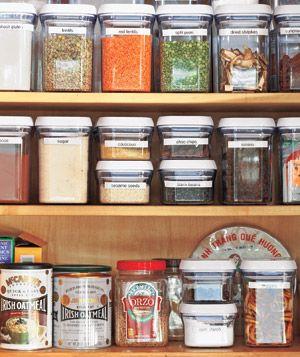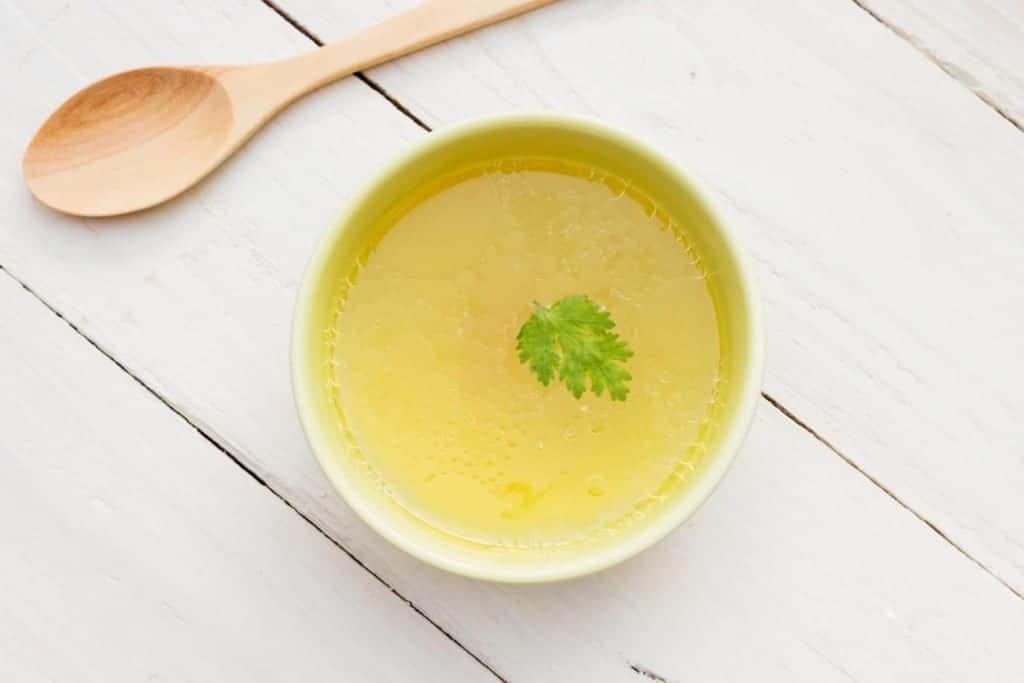Understanding the Benefits of Prebiotics and Probiotics for Digestive Wellness
I’m sure that you’ve all heard about pre and probiotics at some point in your life. And I’m also sure that you’re all wondering “what does this all mean for my gut?” and, “What is the difference between the two?” Well, in this month’s post I’ll be telling you all about them. Then I’ll follow it up in next month’s article by looking at why they are necessary, where to find them and lastly, how to incorporate them in your diet, or not, for improved health and wellbeing.
What are they?
Let’s start with good old PROBIOTICS, which have been in the spotlight for many years. They are the naturally occurring bacteria living in your intestinal system, or ‘microbiome’.
YES! Your intestines have their own delicate ecosystem, which can easily become unbalanced. Making it important to keep it healthy and, balanced.
Over the past few years, we have started to become more aware of PREBIOTICS. But many of you are still unsure as to what they are and why you need them. Prebiotics were introduced to the world around 1995 by Prof Glenn. R. Gibson and Marcel. B. Roberfroid. They discovered that there are certain undigestible foods (insoluble fibre) and importantly, that they support the growth and function of the natural bacteria in your intestinal system. Since then, they have also found that fermented foods have a similar action.
Why are they important?
Probiotics are very important for maintaining your intestinal system to keep it healthy and working properly.
- They help you to digest food and promote good bowel function. This helps to prevent constipation.
- They are the guardians against bad bacteria disrupting your bowel function. This helps to prevent diarrhoea, bloating, flatulence and/or abdominal pain/discomfort.
- They support many biochemical actions that are part of your digestive function. This allows you to produce other components necessary for your body to function; such as Vitamin K and serotonin.
- Support your immune system.
Prebiotics help you to maintain the balance of ‘good and bad’ bacteria. Particularly, stimulating the growth of certain strains, such as Bifidobacteria and Lactobacilli.
- They help to promote good bowel function, allowing you to be regular. This adds bulk to feaces and stimulates contraction of the intestines.
- Support your immune function – reducing autoimmune, allergy and intestinal disorders.
- Help produce short chain fatty acids (SCFA’s), which are another source of energy for you and intestinal cells.
How are they similar?
As you can see, prebiotics and probiotics play complementary roles in your intestinal system, contributing to your overall gut health in similar ways:
- Both aid in maintaining healthy digestion and regular bowel movements.
- They bolster your immune system by ensuring a balanced gut microbiome, which includes both 'good' and 'bad' bacteria, and help prevent inflammation.
- They enhance nutrient absorption during digestion and contribute to the production of essential nutrients.
- You can find both prebiotics and probiotics in fermented foods, making these a valuable addition to your diet.
How are they different?
Probiotics and prebiotics serve different roles in promoting gut health, and they have distinct characteristics:
- Nature:
- Probiotics are live microorganisms, specifically bacteria or yeast, that add to the population of good bacteria in your digestive system.
- Prebiotics are types of dietary fibre that the human body cannot digest. They serve as food for the probiotics and beneficial bacteria in the gut.
- Function:
- Probiotics work by directly adding beneficial bacteria to the gut flora, helping to balance the gut microbiome and improve digestion and overall health.
- Prebiotics support gut health indirectly by stimulating the growth and activity of beneficial bacteria in the gut through fermentation.
- Sources:
- Probiotics are typically found in fermented foods like yoghurt, sauerkraut, kimchi, and supplements.
- Prebiotics are found in high-fibre foods including fruits, vegetables, and whole grains like bananas, onions, garlic, and oats.
- Stability:
- Probiotics are sensitive to heat and stomach acid, which can reduce their effectiveness. They need to be alive when they reach the gut to be beneficial.
- Prebiotics are not affected by heat, stomach acid, or time. They are stable and reach the colon unchanged.
- Health Benefits:
- Probiotics are beneficial for enhancing the immune system, improving digestive health, and may help with conditions like diarrhoea, IBS, and eczema.
- Prebiotics help improve bowel regularity, enhance calcium absorption, and potentially aid in controlling insulin and cholesterol levels.
- Interaction:
- Probiotics can be influenced by the presence of prebiotics, as they depend on them for nourishment.
- Prebiotics are effective on their own but are often paired with probiotics (termed "synbiotics") to enhance their beneficial effects.
Understanding these distinctions can help you make informed choices about incorporating them into your diet for optimal gut health.
So now you know what pre and probiotics are, their similarities and how they differ. Make sure you keep an eye out for next month's article when we'll discuss why they are so necessary for our health and wellbeing.
The importance of prebiotics and probiotics and when to use them in your individual situation is something we go over in the Gut Fix Program.
References:
Zaib, S., Hayat, A., & Khan, I. (2024). Probiotics and their beneficial health effects. Mini Reviews in Medicinal Chemistry, 24(1), 110-125.
https://doi.org/10.2174/1389557523666230608163823
Grace L S, Cynthia W K, et al. American Gastroenterological Association. (2020). AGA Clinical Practice Guidelines on the Role of Probiotics in the Management of Gastrointestinal Disorders. Gastroenterology, 159(2), 697-705. https://doi.org/10.1053/j.gastro.2020.05.059
Enders, G. (2015). Gut: The Inside Story of Our Body's Most Underrated Organ. Greystone Books.


